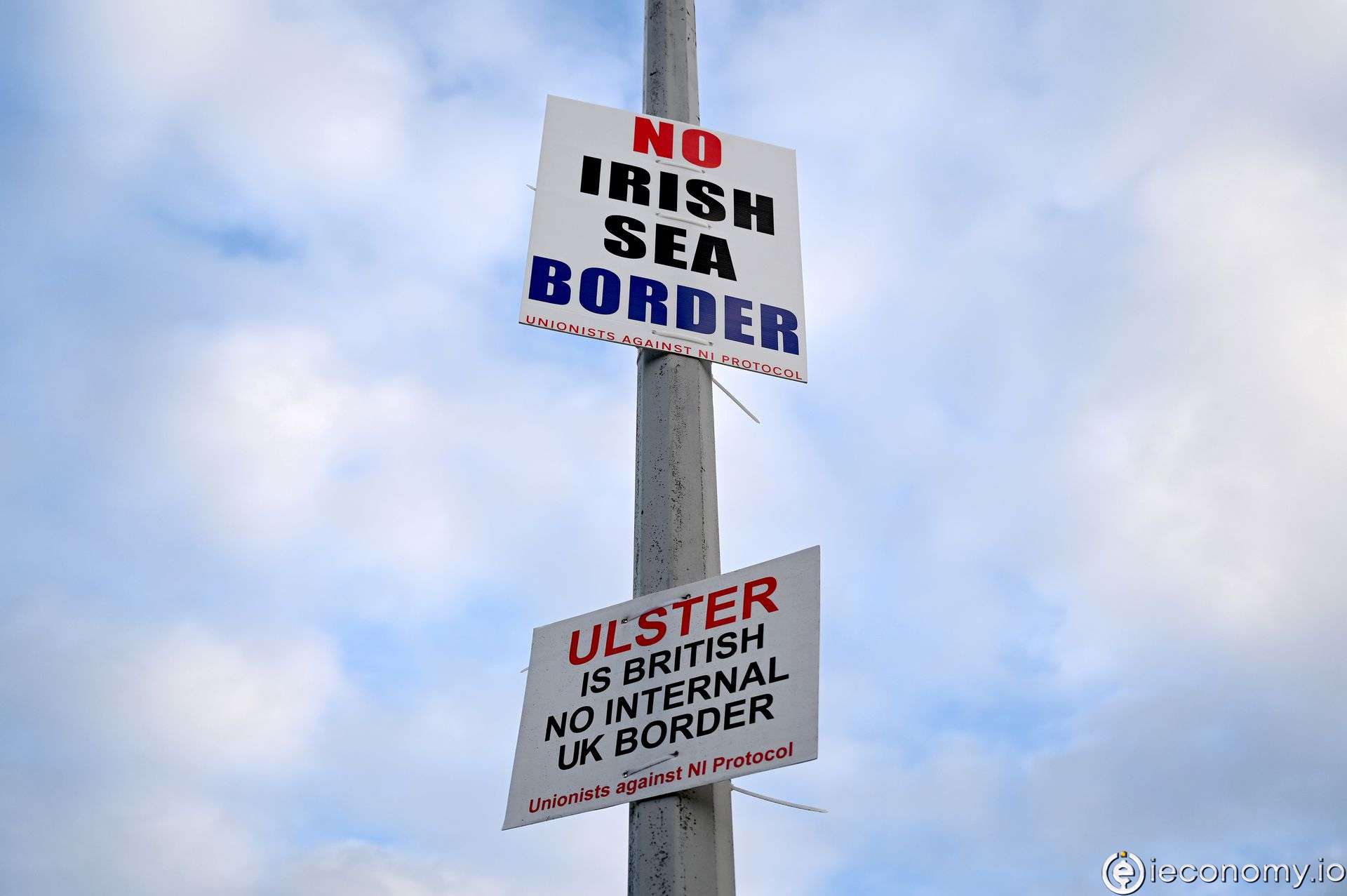2652
0
Northern Ireland trade issue still unresolved after Brexit
Northern Ireland trade issue still unresolved after Brexit. The transported goods are subject to customs controls.

Yazar: Tom Roberts
Yayınlanma: 25 Ekim 2021 03:31
Güncellenme: 3 Mart 2026 01:38
Northern Ireland trade issue still unresolved after Brexit
Negotiations between Britain and the European Union on trade rules for Northern Ireland after Brexit have been constructive, but significant differences remain. The government in London announced it on Saturday. Goods transported between Britain and Northern Ireland are currently subject to customs controls under the Brexit Agreement in order to avoid border controls between Northern Ireland, which is part of the United Kingdom, and Ireland, which is a member of the EU. However, Britain and the EU do not agree on how to carry out customs and security controls, which have had a particularly significant impact on the transport of meat, dairy and medical products. Britain also does not like the role of the EU's Supreme Court in monitoring compliance with the agreement. "The talks have been constructive this week and we have heard from the EU a few things we can work on. But the reality is that we are still far from big issues, especially governance," Prime Minister Boris Johnson's office said late evening on Saturday. The next round of talks will help determine whether the two sides can overcome differences of opinion or whether London will have to apply Article 16, the statement said, referring to the possibility of taking unilateral measures to reduce trade flows between the UK and its province. Negotiations with EU negotiators will be moved from Brussels to London next week, and British Brexit Minister David Frost will meet with European Commission Vice-President Maroš Šefčovič at the end of the week. Irish European Affairs Minister Thomas Byrne suggested on Thursday that the dispute could be resolved in a matter of weeks. On 13 October, the EU submitted detailed proposals to Britain to facilitate the transit of goods, but is unwilling to relinquish the role of the European Court of Justice in resolving disputes.İLGİLİ HABERLER





European stocks soared and focus shifted to German retail sales after Powell's speech!

Forex Signal For TRY/USD: Inflation Slowdown in November.

Forex Signal For GBP/USD: Bullish Trend Still Not Breaking While Recovery Continues.

Forex Signal For EUR/USD: Starry US Data Points to Higher Fed Increases.

Forex Signal For BTC/USD: Downside Continues as Bitcoin Recovery Moves Less.
En Popüler Haberler
Yorum Yap
Yorumlar
Henüz yorum yapan yok! İlk yorumu siz yapın...